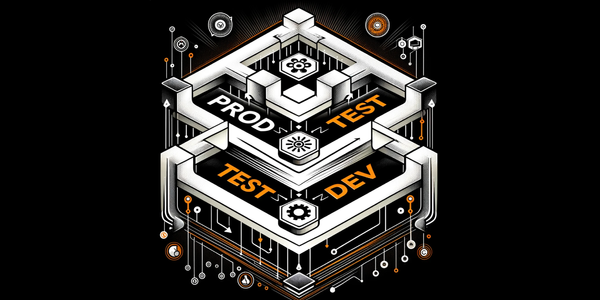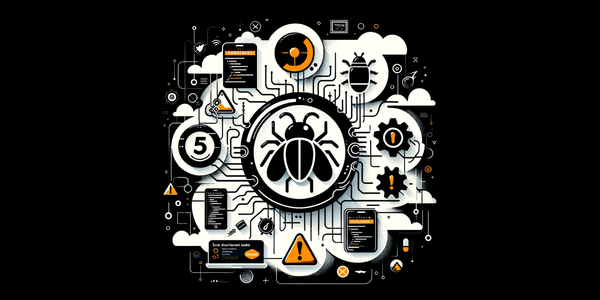ServiceNow Scoped Application vs. Global Application: A Shopping Mall Analogy

Welcome to the ServiceNow Mall
Imagine a mall with different stores and one central security office that oversees the entire mall.
Scoped Application
Each store in the mall is like a scoped application.
It operates independently, has its own staff (users), rules (permissions), inventory system (tables), and cash registers (interface).
Customers in one store don’t have access to the inventory of another store unless they physically go there, and the store allows them to browse their items.
Similarly in ServiceNow
Similarly, in ServiceNow, a scoped application has its own set of tables, rules, and permissions.
It's designed to operate independently of other applications, which means it's self-contained, secure, and it doesn't interfere with others.
Global Application
The mall’s central security office is like a global application.
It has access to all the stores' security cameras, alarms, and communication systems.
It needs to interact with all parts of the mall to function effectively.
Similarly in ServiceNow
In ServiceNow, a global application has the ability to interact with all parts of the system.
It can access all tables and data, which makes it powerful but also means that it needs to be managed carefully to avoid conflicts or security issues.
When to Use SCOPED APP
Scoped Applications:
- When you want to build an application that is isolated from others to prevent conflicts in script names, table names etc.
- When you need to ensure that the application’s components are not visible or accessible from other applications without explicit permissions.
Examples
1) Human Resources management tool:
Designed to handle sensitive employee data and HR processes. It should be separate from other departments to maintain confidentiality and specialized functionality.
2) Project Management System:
A software development team uses a scoped application for tracking their agile sprints, user stories, and backlogs that are relevant only to their projects and shouldn't be accessible by other departments.
When to Use GLOBAL APP
Global Applications:
- When you need an application that interacts with multiple other applications and services.
- When you don’t need the strict isolation provided by scopes.
Examples
1) Enterprise Reporting Platform:
Reporting system that pulls data from various departments to create comprehensive performance reports. This needs access to company-wide data and thus would be implemented as a global application.
2) Cross-Application Service Catalog:
Integrated service catalog where employees from any department can request various items and services, ranging from IT equipment to human resources benefits. It must interact with various departmental systems to process these requests.
Potential pitfalls
Okay, now when we know when to use each, let’s see what are potential pitfalls if we use Global App instead of Scoped.
Global applications in ServiceNow have the potential to impact other applications and the overall system because of their unrestricted access to the platform's resources.
Example of 'var gr' Impact
Two server-side scripts declaring the variable gr in the global scope can interfere each other.
Such overlap risks overwriting the variable, leading to unpredictable outcomes.
Scoped Apps even if they had same variable names they would be in different scope (It’s working similar to function scope)
Global Business Rules
Global business rules affect the entire system.
For instance, imagine you have a global business rule that triggers on every insert and update operation across all tables.
It can inadvertently slow down the entire system due to the overhead it causes on transactions.
Scoped application's rules are more targeted and efficient, activating only within its designated area
Best Practices
Scoped Applications:
- Limit the scope to only what is necessary for the application to function.
- Use scoped APIs to ensure compatibility and prevent unauthorized access to other parts of the ServiceNow platform.
Global Applications:
- Be careful with global applications as they can potentially impact other applications and the overall system.
- Minimize the use of global variables and functions to avoid conflicts and security issues.





